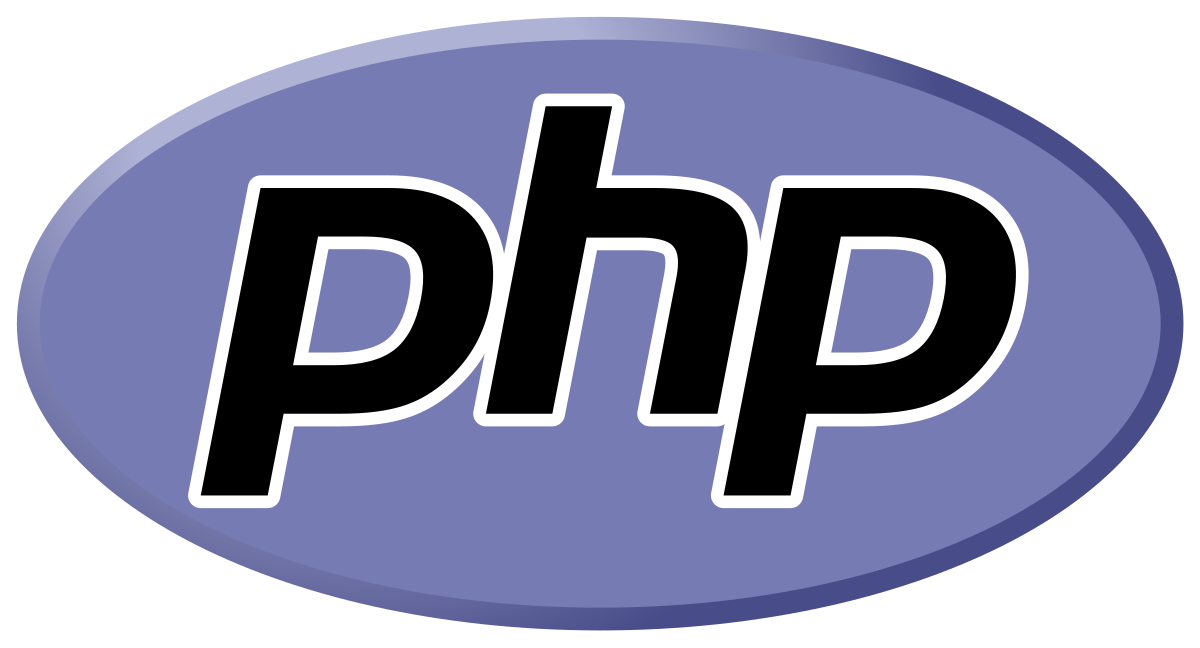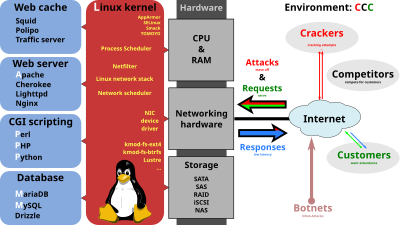PHP developer Innovation
COURTESY :- vrindawan.in
Wikipedia
PHP Development Tools (PDT) is a language IDE plugin for the Eclipse platform and the open-source project that develops it.
The project intends to encompass all tools necessary to develop PHP based software. It uses the existing Eclipse Web Tools Project to provide developers with PHP capabilities. All these PHP tools are easy to use and developers can speed up the development process by using these tools. Additional plugins are available as PDT Extensions.
- Syntax Highlighting
- Content Assist
- Code Formatter
- Refactoring
- Code Templates
- Xdebug
- Core — parser, search algorithm, communication and more
- Debug — protocols, messages, executable and web server
- User Interface — editor, views, preferences and wizards
- Formatter — advanced code formatter
- Refactoring — PHP refactoring support
- PHPUnit — PHPUnit Support
- Composer — Composer Support
- Profiler — Xdebug and Zend Debugger profiling support
The project officially began around March 8, 2006. By the end of 2006, the project was approaching the 0.7 release. On April 6, 2007, 0.7 RC3 was released as the final 0.7 version.
In the latter half of 2007, a series of 1.0 milestones were reached, and on September 18, 2007, PDT 1.0 Final was released.
The PHP Development Tools project has had two names during its development. It was initially named PHP Development Tools, then changed to PHP IDE, and reverted to PHP Development Tools on January 1, 2007. Various documentation and reviews use either name.
Significant PDT development is being done by Zend Technologies. Zend sells a competing product named Zend Studio. PDT, as free software, may cannibalize sales of Zend Studio although the latter has more features. Others contend that PDT is deliberately maintained as a “lite” version of Zend Studio.
PHP is a general-purpose scripting language geared toward web development. It was originally created by Danish-Canadian programmer Rasmus Lerdorf in 1993. The PHP reference implementation is now produced by The PHP Group. PHP originally stood for Personal Home Page, but it now stands for the recursive initialism PHP: Hypertext Preprocessor.

PHP code is usually processed on a web server by a PHP interpreter implemented as a module, a daemon or as a Common Gateway Interface (CGI) executable. On a web server, the result of the interpreted and executed PHP code – which may be any type of data, such as generated HTML or binary image data – would form the whole or part of an HTTP response. Various web template systems, web content management systems, and web frameworks exist which can be employed to orchestrate or facilitate the generation of that response. Additionally, PHP can be used for many programming tasks outside the web context, such as standalone graphical applications and robotic drone control. PHP code can also be directly executed from the command line.

The standard PHP interpreter, powered by the Zend Engine, is free software released under the PHP License. PHP has been widely ported and can be deployed on most web servers on a variety of operating systems and platforms.
The PHP language evolved without a written formal specification or standard until 2014, with the original implementation acting as the de facto standard which other implementations aimed to follow. Since 2014, work has gone on to create a formal PHP specification.
W3Techs reports that, as of October 2022, “PHP is used by 74.4% of all the websites whose server-side programming language we know.” PHP version 7.4 is the most used version. Support for version 7.3 was dropped on 6 December 2021.
PHP development began in 1993 when Rasmus Lerdorf wrote several Common Gateway Interface (CGI) programs in C, which he used to maintain his personal homepage. He extended them to work with web forms and to communicate with databases, and called this implementation “Personal Home Page/Forms Interpreter” or PHP/FI.
PHP/FI could be used to build simple, dynamic web applications. To accelerate bug reporting and improve the code, Lerdorf initially announced the release of PHP/FI as “Personal Home Page Tools (PHP Tools) version 1.0” on the Usenet discussion group comp.infosystems.www.authoring.cgi on June 8, 1995. This release already had the basic functionality that PHP has today. This included Perl-like variables, form handling, and the ability to embed HTML. The syntax resembled that of Perl, but was simpler, more limited and less consistent.
Early PHP was not intended to be a new programming language, and grew organically, with Lerdorf noting in retrospect: “I don’t know how to stop it, there was never any intent to write a programming language […] I have absolutely no idea how to write a programming language, I just kept adding the next logical step on the way.” A development team began to form and, after months of work and beta testing, officially released PHP/FI 2 in November 1997.
The fact that PHP was not originally designed, but instead was developed organically has led to inconsistent naming of functions and inconsistent ordering of their parameters. In some cases, the function names were chosen to match the lower-level libraries which PHP was “wrapping”, while in some very early versions of PHP the length of the function names was used internally as a hash function, so names were chosen to improve the distribution of hash values.
